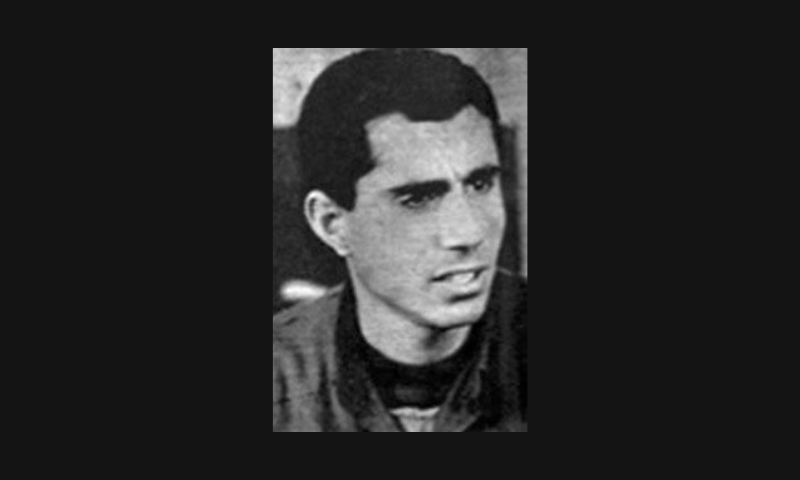Lazar Berman
Times of Israel, June 14, 2023
“This points at a known pattern in Egyptian media and official communications, they don’t admit that something is wrong,”
At 4:20 in the afternoon of October 5, 1985, an Egyptian soldier manning a checkpoint in the Red Sea resort town of Ras Burqa raised his gun and began firing into a crowd of Israeli tourists. Seven Israeli civilians, including four children, were slain in the attack.
At the time, Hosni Mubarak’s government moved quickly to keep the soldier, Suleiman Khater, from becoming a national hero and jeopardizing the peace treaty with Israel that had been signed only six years before.
Authorities called Khater mentally ill, and he was found dead in his cell days after being sentenced to life in prison. The regime called his death a suicide, but Khater’s letters, published in 2014, showed he was afraid guards were planning to kill him.
Despite Cairo’s efforts, opposition politicians and journalists hailed Khater as a hero and role model, and rallies for him erupted at Egyptian universities. In response, pro-regime outlets revealed that Khater had mostly gunned down women and children, but that too didn’t keep him from being lauded across the Arab world and in Tehran.
… [To read the full article, click here]


